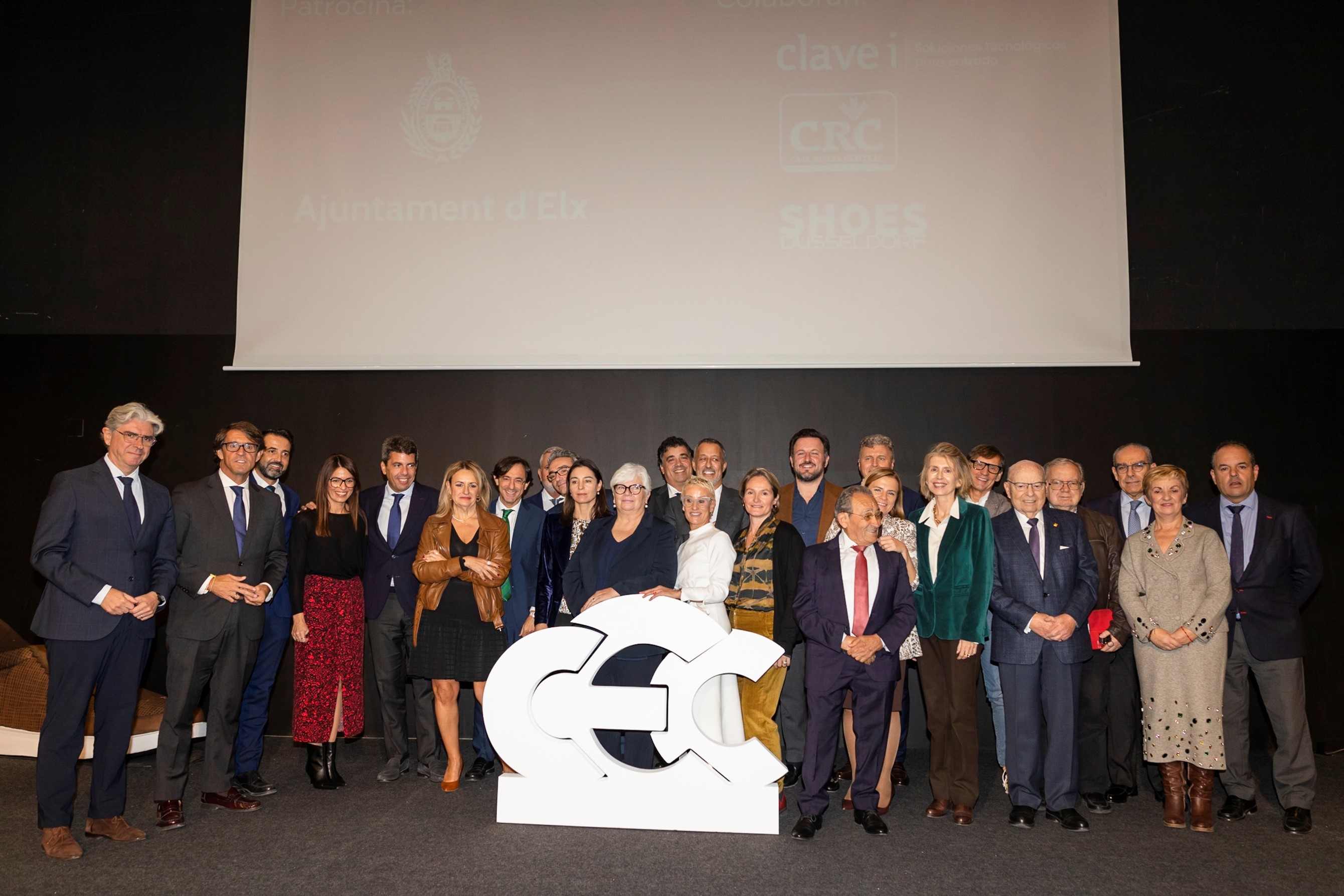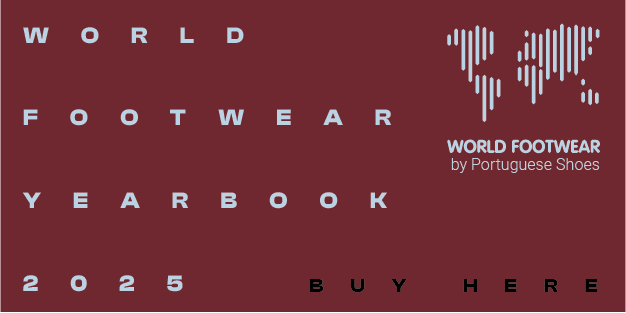Rosana Perán takes over as President of the European Footwear Confederation

The president of FICE and vice-president of the Pikolinos Group has become the first woman to lead the organisation, with a mission to promote “Industry 5.0” to transform the footwear sector
On the General Assembly of the European Footwear Confederation (CEC) held on the 1st of December in Elche (Spain), Rosana Perán, President of the Federation of Spanish Footwear Industries (FICE) and Vice-President of the Pikolinos Group has become the first woman to head the European Footwear Confederation (CEC). She takes over from the Portuguese Luis Onofre, President of the Portuguese Footwear Association (APICCAPS).
In addition to the Members of the CEC, the public part of the General Assembly was attended by the President of the Valencian Region, the regional Minister of Innovation, Industry, Commerce and Tourism, the Majors of Elche and Elda and other public authorities, presidents of other related industries association and Spanish footwear companies.
In her address, she chose as a priority the promotion of ‘Industry 5.0’, a “new industrial revolution”, based on a humanistic business transformation.
“CEC is a European organisation that, since its birth, has worked to position the footwear produced in the countries of the European Union, to value the quality that distinguishes it and to defend the interests of the industry before the European legislative initiatives”, recalled Rosana Perán. “In the last 10 years, it has led 25 European projects and from today I face the exciting challenge of transforming the sector’s industry”.
“A sector that faces many challenges, but also opportunities, and its members play an important role in addressing new challenges and facilitating the exchange of information and best practices among industry members to strengthen competitiveness and efficiency”. For the businesswoman, the future of the sector lies in an evolution towards the humanistic approach of KAIZEN, IKIGAI AND HENKO.
“The most important asset of a company is their people. I am talking about the first pillar. The HENKO. Listening and knowing the needs they have and even the ideas for improvement in the processes is key to the success of an entrepreneur or a company”. In fact, “the active listening of the staff to improve processes undoubtedly” leads to the continuous improvement of the company, argued Perán, referring to KAIZEN. From the fusion of these two pillars is born the third, IKIGAI. “The evolution of people plus continuous improvement results in business transformation. And this business transformation is divided into three branches: human, technological and sustainable”.
She categorically asserts, however, that “technology does not replace people, on the contrary, it allows a company’s professionals to grow differently. It helps us to increase productivity and efficiency. Digitalisation or technology alone will not guarantee success; it is the interaction between people and machines (the latter at the service of people) that will guarantee the growth of our companies and develop the professional careers of our talent”. On the other hand, it’s essential to prioritise social sustainability in the footwear industry, based on addressing ethical and social issues along the entire chain of producing and consuming footwear.
“As the new President of the CEC, I’m committed to the sustainability of footwear companies, to the triad of Continuous Improvement, Purpose and Transformation, and to advancing an industry, the footwear industry, of which we are very proud. Because we will put ourselves on their feet”, she concluded.


About CEC
The EU footwear industry comprises around 20 000 footwear companies across the continent, employing some 250 000 people. CEC’s main objectives are to improve the competitiveness and growth of European footwear companies, promoting their interests and values. For that purpose, it contributes to the development of the skills needed by the sector and encourages the transition to sustainability and digitisation.

















